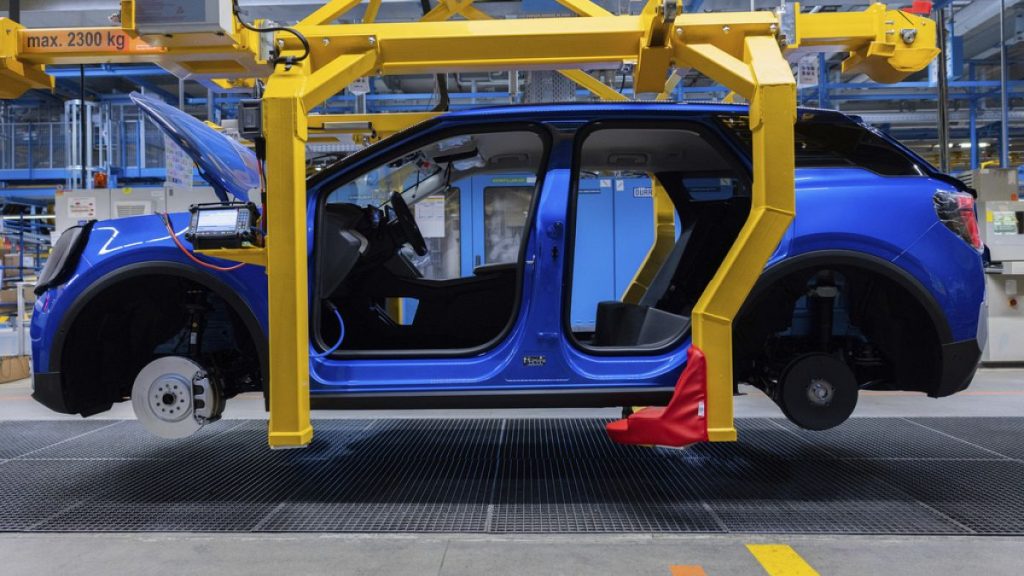Italy and Poland, alongside five other EU member states, have voiced their alignment with the automotive industry’s plea for a postponement of stricter CO2 emissions standards. This coalition has emerged as various governments and automobile companies highlight the urgent need to reevaluate tightening vehicle emissions regulations. As European ministers convened in Brussels, they drew attention to the automotive sector’s prevailing challenges, including production constraints, employment concerns, and fierce global competition, all of which they claim necessitate immediate and collaborative action at the EU level.
The joint paper put forth by these nations, including Austria, Bulgaria, Czechia, Romania, and Slovakia, emphasizes the critical state of the automotive industry. It advocates for an accelerated review of CO2 emissions standards for new passenger cars and light commercial vehicles, which are slated for compliance by the end of 2025. The signatories argue that a reassessment is vital for maintaining the industry’s competitiveness within Europe and for safeguarding investment in green technology innovation and development. According to their analysis, ignoring these appeals could result in job losses and an unfavorable investment climate for the sector.
The automotive industry, represented by the European Automobile Manufacturers’ Association (ACEA), has voiced significant concerns over the potential penalties associated with non-compliance to the new standards, which are set to become more stringent in the near future. With emissions limits poised to decrease from 115.1 grams per kilometer to 93.6 grams next year, carmakers warn that they may face substantial fines for failing to comply. These penalties could inhibit their ability to reinvest in innovation, further jeopardizing the industry’s already precarious standing in Europe amidst shifting consumer demands and market realities.
Despite these urgent appeals from several EU states and industry representatives, the European Commission has largely resisted calls for a change in direction. They maintain that car manufacturers have had ample time to prepare and adapt to the anticipated regulations. Notably, key automotive powerhouses such as Germany, France, and Spain have not supported this joint proposal, underscoring a divide within the EU concerning the best approach to balance environmental goals and industrial sustainability.
Ursula von der Leyen, President of the European Commission, has announced that she would initiate a “strategic dialogue” regarding the future of the car industry in Europe. This dialogue aims to bring together diverse stakeholders to navigate the profound transformations underway in the sector. Von der Leyen emphasized her commitment to oversee this process, recognizing the significant transition faced by car manufacturers and the need for an inclusive approach to address issues emerging from evolving market dynamics.
Finally, the debate on emissions and automobile standards is further complicated by tensions between manufacturers and the electricity industry, which has accused carmakers of mismanagement. The industry has notably focused on larger, more expensive electric vehicle models, partly sidelining cheaper hybrid and internal combustion engine alternatives. Critics argue that the planned emissions reductions, progressing towards zero by 2030, should be met with greater innovation in electric vehicle (EV) offerings, and that maintaining sales options for internal combustion engines – with a shift toward low-carbon fuels – may undermine overall decarbonization efforts in Europe. Looking to the future, the ongoing discussions and decisions made by policymakers will significantly influence both the automotive sector and the broader landscape of EU climate policy.














